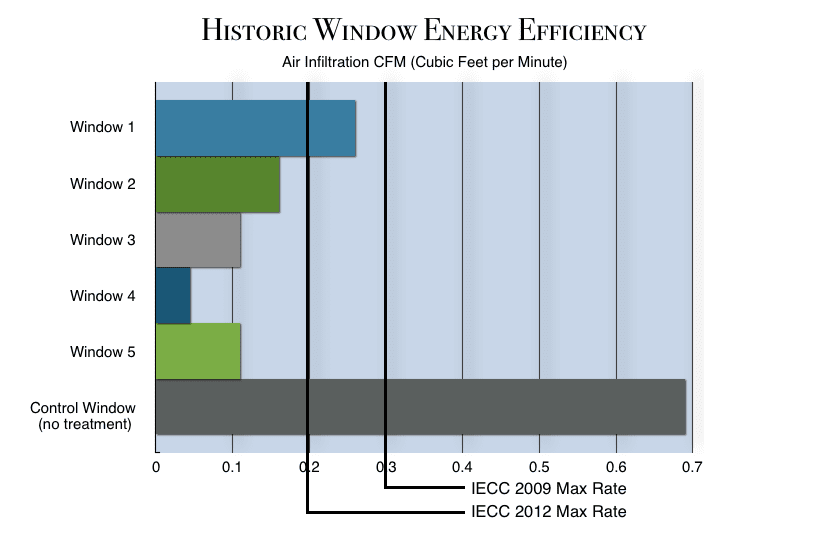In reply to pheller :
FYI you'll see "rents" here used frequently, which is Georgist lingo for Land Value Tax.
"What does this mean for our education system? That it simply cannot do the heavy lifting on its own. It cannot, alone, lift students out of poverty, at least not on a societal scale, if the rest of the economy is engineered against them. A broader application of George’s ideas is needed, one that undercuts the foundations of inequality. Fortunately, the formula George (and others) has provided offers a roadmap. Capture land rent, which currently enriches a wealthy and overwhelmingly white section of society, and use it for the public good. This can make particular progress in reversing racial inequality, since land value and other kinds of rents make up such a great portion of the racial wealth gap and, as discussed above, are particularly used to gatekeep quality education. Taking these rents and investing them into communities is the surest way to relieve people from want. If we believe, as educational proponents proclaim, that change begins with children, we need to relieve children and parents from want. We can do this by making housing, healthcare, and food easily accessible for every child in the country – paid for by these publicly captured rents." - Matthew Downhour
"Sociologists John Logan and Harvey Molotch coined the term “growth machine” in a 1970s essay, “The City as a Growth Machine,” which famously argued, “Growth likely increases inequality within places through its effects on the distribution of rents.” Sure enough, California has the highest poverty rate (when adjusting for housing costs), the most billionaires per capita, the highest share of homelessness in the U.S., and the largest population of any state.
Indeed, Logan and Molotch assume causation: “Increases in urban scale mean larger numbers of bidders for the same critically located land,” they proclaimed, “inflating land prices relative to wages and other wealth sources.”
We have seen that growth of regional economies and populations does not produce inequality on their own. Rather, preconditions of homeownership as a lucrative investment lead growth to distribute unevenly across racial and class lines. With a disproportionately rich and white homeowner class plowing their life savings into personal real estate assets, their wealth grows as houses get more expensive relative to wages."
How Unfair Property Taxes Keep Black Families From Gaining Wealth
HOW LAND VALUE TAX COULD NARROW THE RACIAL WEALTH AND OPPORTUNITY GAP
I'm behind a bit. It looks like the housing cost increase factors have been well addressed, but I think the above is the underlying reason for this discussion.
We do not have a caste system. We don't have Poor People and Wealthy People. By and large, they are the same people at different points in their life. It is not the job of the education system, or any societal construct to "lift people out of poverty." That is up to the individual. It is society's responsibility to ensure opportunity, not results. Opportunity doesn't mean skip steps, or opportunity to get a better result than one has worked for. It's the opportunity to progress through the steps. Whenever you see the poor pitted against the wealthy, you should see it for what it is- the poor current self if being pitted against their potential wealthy future self. Ironically, long term they are fighting against their own potential prosperity for a promised short term gain. This is a losing battle, see your California example above. Those who buy into this are at a distinct disadvantage to those who do for themselves.
I got married in 1995. My wife and I were each making $6 an hour, $11.72 in today's money. Which is well below the current minimum wage in CA. By all definitions, we were poor. But that doesn't mean we weren't happy. We lived in a crappy apartment, shared a car, bargain shopped for everything. It never occurred to us that someone else should be lifting us out of poverty. We were young and happy with what we had. We made some stupid financial decisions over the next few years-debt- I've said it before, nothing is more expensive than being poor. But we learned from those mistakes, and got our E36 M3 together when we wanted to buy a house and start a family. It took effort and sacrifice- extra jobs and saying no to things we wanted but didn't need. At times it seemed like an impossible dream, but we did it. As our careers progressed, we made a lot more money- but we retained a lot of the lessons learned through the steps. Instead of blowing our increased wealth, we put it to work for us. Our standard of living is well below our income. If I could go back and visit my 20 year old self, the last thing I would do would be to give him a shortcut or money. I'd try to convince him to get started 5 years earlier, avoid debt, and invest as much as possible.




































